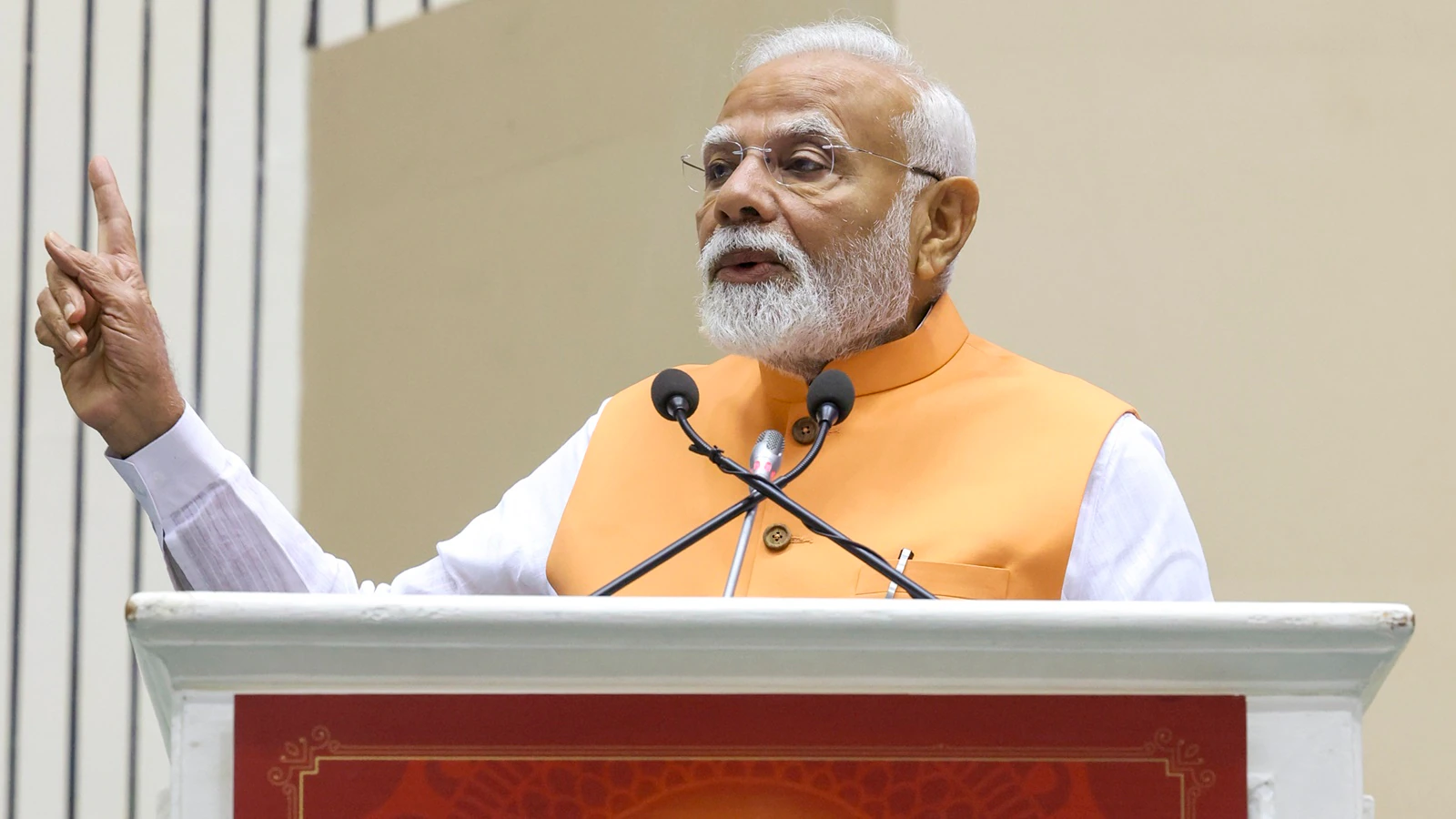India Observes 50 Years Since Emergency; PM Modi Says ‘Democracy Was Placed Under Arrest’
Related Articles
India Unveils First Comprehensive Anti-Terrorism Policy ‘PRAHAAR’
In a pivotal development in its national security framework, the Government of India introduced its inaugural comprehensive National Counter Terrorism Policy and Strategy, termed...
Class 10 Student Stabbed 27 Times by Minors in Bhopal Snooker Club
A Class 10 student was brutally assaulted by two minors inside a snooker club in Bhopal, suffering 27 stab wounds in a matter of...
Supreme Court ने Lucknow चुनाव अधिकारी से मतदाता सूची में नाम हटने की जांच कराने का दिया आदेश
सुप्रीम कोर्ट ने लखनऊ जिला निर्वाचन अधिकारी को स्पष्ट निर्देश दिए हैं कि वे अकबर नगर के 91 निवासियों की शिकायतों की जांच करें।...


